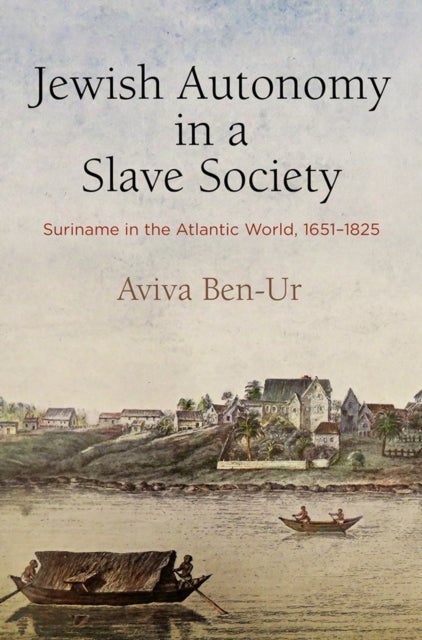
Jewish Autonomy in a Slave Society av Aviva Ben-Ur
829,-
<p><b>A fascinating portrait of Jewish life in Suriname from the 17th to 19th centuries</b><br/><i>Jewish Autonomy in a Slave Society</i> explores the political and social history of the Jews of Suriname, a Dutch colony on the South American mainland just north of Brazil. Suriname was home to the most privileged Jewish community in the Americas where Jews, most of Iberian origin, enjoyed religious liberty, were judged by their own tribunal, could enter any trade, owned plantations and slaves, and even had a say in colonial governance.<br/>Aviva Ben-Ur sets the story of Suriname''s Jews in the larger context of Atlantic slavery and colonialism and argues that, like other frontier settlements, they achieved and maintained their autonomy through continual negotiation with the colonial government. Drawing on sources in Dutch, English, French, Hebrew, Portuguese, and Spanish, Ben-Ur shows how, from their first permanent settlement in the 1660s to the abolition of their communal autonomy i








